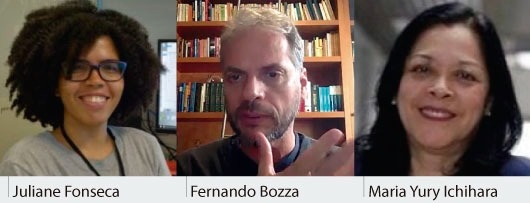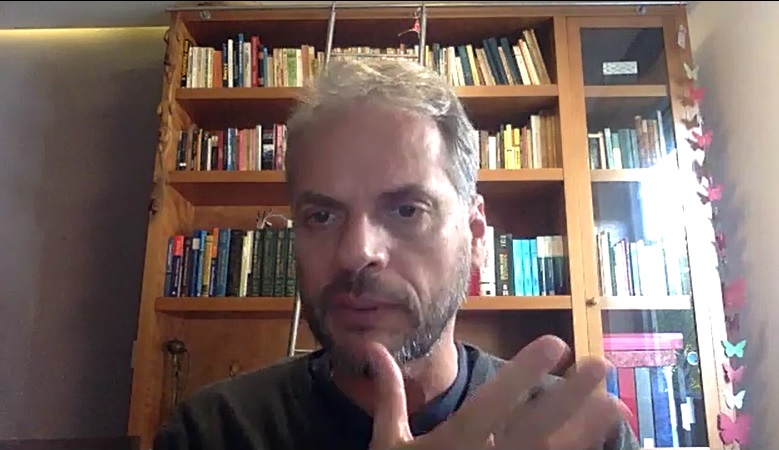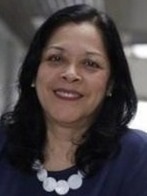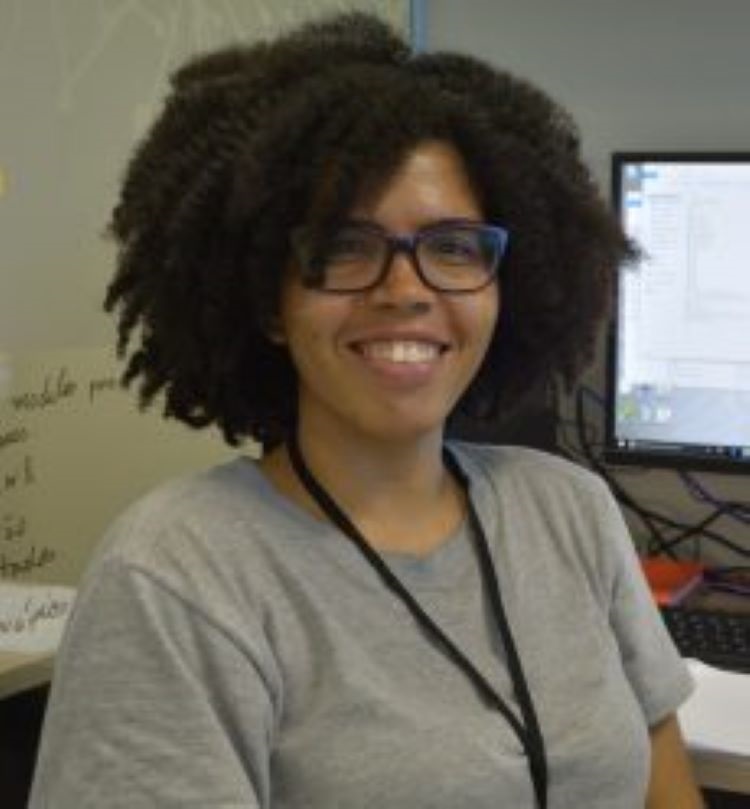Three Fiocruz projects are selected by the Grand Challenges ICODA COVID-19 Data Science
29/07/2021
Cristina Azevedo (Fiocruz News Agency)
Three projects led by Fiocruz researchers are among the ten selected worldwide by the Grand Challenges ICODA COVID-19 Data Science, an initiative that supports health data projects to respond more accurately to the pandemic and possible challenges in the future. With support from the Bill & Melinda Gates Foundation, the Minderoo Foundation, and Microsoft's AI for Health program, they will receive a fund of US$100,000 for their development for one year.
“Effectiveness of COVID-19 vaccination in Brazil using mobile data”, led by Fernando Bozza, from the Evandro Chagas National Infectiology Institute (INI); “Evaluation of the effects of social inequalities on the COVID-19 pandemic in a middle- and low-income country”, led by Maria Yury Ichihara; and “Routine evaluation of infections, prevention, and control of Sars-Cov-2 in unequal populations”, headed by Juliane Fonseca, both from the Centre for Data Integration and Knowledge for Health (Cidacs/Fiocruz Bahia), are among the ten chosen in a selection that involved more than 400 applicants from 69 countries. In addition to the three Brazilian projects, the other selected projects include researchers from 19 countries with a particular focus on middle or low income nations, such as Colombia, Rwanda and South Africa.
Light on “invisibles”
A researcher at INI and head of the Laboratory of Intensive Medicine, Bozza leads the project that has about 15 people in its core, including epidemiologists, computer engineers, and data scientists, not only from Fiocruz, but also from the Pontifical Catholic University (PUC-Rio), in different states. The group had already been working with the COVID-19 impact on the Brazilian health care system. Now, the project encompasses vaccination, its access and effectiveness, both in preventing the disease's severe form and contagion, especially in the most vulnerable populations.
Fernando Bozza: study developed at Maré community
“At the beginning of the pandemic, we developed a testing app, Dados do Bem (Data for Good), which has had more than two million downloads. This collected information will be used to understand the effectiveness in the communities where we have been working in more detail, such as Maré”, explains Bozza, referring to the community in Rio where was already developed “Conexão Saúde” (Health Connection), a project that was reflected in the reduction of deaths by COVID-19, and that is now also starting a mass vaccination study.
The researcher recalls that Brazil, over the years, has been building a very broad information system, such as “Data SUS”. “On the other hand, there is still a lot missing in the analysis area. Today, many of the policies in the country are still based on impressions,” says Bozza. For him, the new project can contribute to deepen the culture of health data analysis, in real time, in a way closer to people and communities. “That is one of the contributions that I would like the project to bring: to bring that light to the invisible. The Brazilian state and the health system still don't have the capacity to see well and understand what happens in these communities.”
“Cidacs” in double dose
The other two chosen projects come from Cidacs, with a similar national reach. Maria Yury's group is composed of about ten people from Fiocruz, the Federal University of Bahia (UFBA), and the London School. Planning to create a Social Inequality Index for the pandemic, the IDS-COVID-19, measures differences in socioeconomic, demographic, and access to health care. Its development is an offshoot of the Brazilian Index of Deprivation (Índice Brasileiro de Privação - IBP), in the elaboration of which Cidacs' deputy coordinator also participated.
“This index will measure the vulnerability condition, how unequal the population is in relation to the disease,” says Maria Yuri. If the IBP already used census data, such as income, education, and housing conditions, the new index will add a sociodemographic dimension - such as race, age, and domicile density -, in addition to information about access to the health system. It will also show the COVID-19 mortality curve in the 5,570 Brazilian municipalities. From there the patterns and their relationship to the inequality indicator will be analyzed.
“I hope that this index can help to better understand the impact of COVID in more vulnerable areas, design social protection policies, mitigate the adverse effects of the pandemic, and better allocate resources,” he says. Since the work is based on simple data that can be collected by demographic and statistical agencies in low- and middle-income countries, Maria Yuri hopes that other nations can reproduce the methodology.
Statistics translation
The work led by Juliane Fonseca intends to develop mathematical and statistical methods to establish models about COVID-19 transmission and make these data more accessible to the population. It is a continuation of Inova Fiocruz, a project funded by the Fiocruz Program for the Promotion of Innovation. In its first part, an analytical model visualization platform was developed, where data is updated in real time to see scenarios and metrics and know whether the disease is controlled or not. With the ICODA grant, it enters a new phase.
“The goal is to continue with this platform and now have results that impact more on vaccination strategies, taking into consideration the poverty issue. We have a real-time mapping of the risk of infection and hospitalization for each Brazilian city”, says the researcher from Fiocruz and the University of Porto, leading a nine people team, which also includes UFBA members.
Another aspect is the scientific dissemination work with the communities, which was already being developed. Now the researchers hope to be able to get a little more into the neediest areas. “We are going to use primers, short courses, seminars, and explanatory videos to make what we have in terms of mathematics and statistics, the analytical results and recommendations more tangible, using a more accessible language”, she says.
Very competitive, the so-called “grant pilot”, in addition to resources, brings international projection. “One of the ICODA important points is that it emphasizes international cooperation. Everything that we are developing is open and can be reproduced. A country in Africa can take advantage of our data and knowledge, for example”, says Juliane. “To have three Fiocruz projects among these ten selected projects is very important. It shows that Fiocruz has an impact and is an example”, she concludes.
Grand Challenges and ICODA
Grand Challenges is a family of initiatives launched by the Bill & Melinda Gates Foundation in 2003 to stimulate innovation in finding solutions to global problems in health and development.
The International COVID-19 Data Alliance (ICODA), meanwhile, is a global alliance convened by HDR UK (the UK's national institute for health data) in 2020. The initiative has already mapped about one hundred data repositories, platforms and databases relevant to fighting COVID-19.
Also supporting the initiative are the Mindaroo Foundation, a philanthropic organization based in Australia, and AI for Heath, a Microsoft philanthropic program aimed at improving health conditions around the world. You can see the Grand Challenges ICODA COVID-19 Data Science's announcement and the ten chosen projects here.


